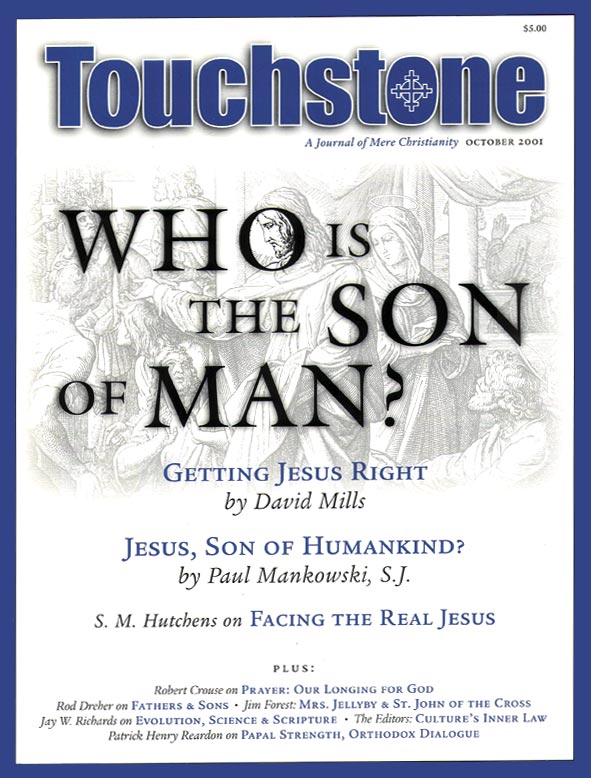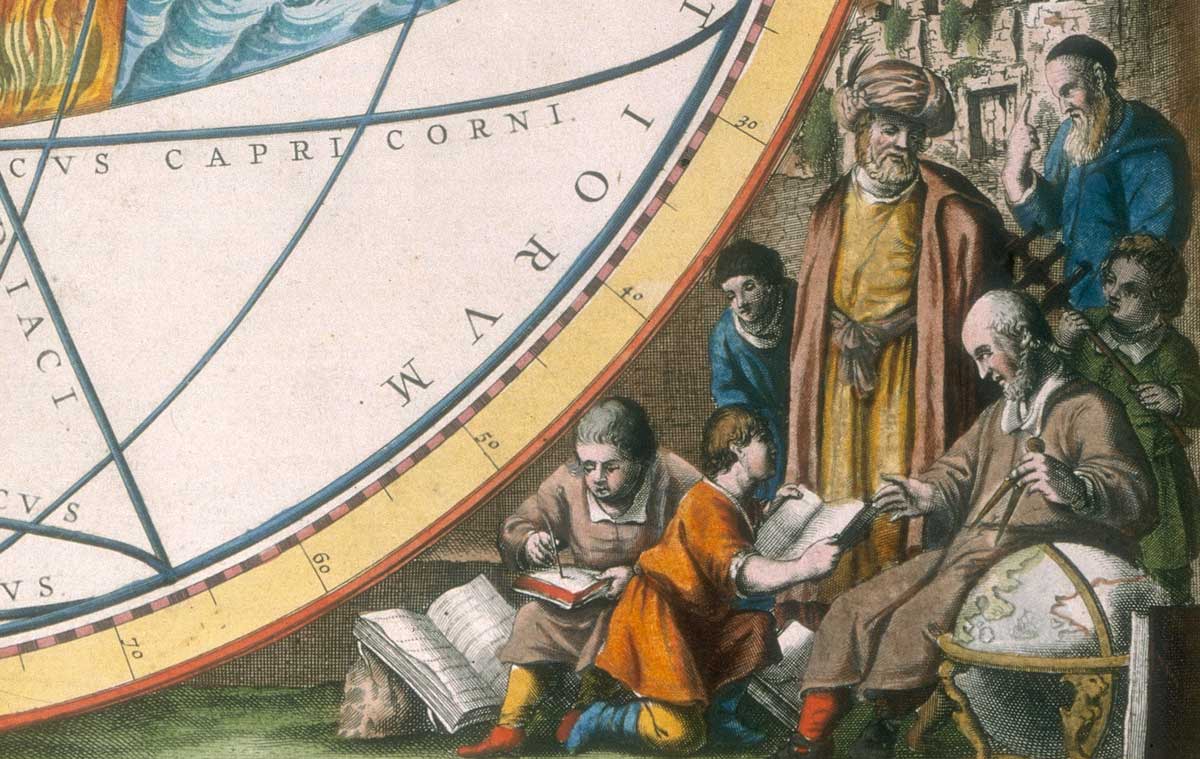Feature
Jesus, Son of Humankind?
The Necessary Failure of Inclusive-Language Translations
by Paul Mankowski, S.J.
The dispute concerning the existence and extent of gender-exclusivity in natural languages, the relation of such exclusivity to sexism, and the use of so-called inclusive language as a remedy for such exclusion has been heightened in recent years by controversy surrounding the use of inclusive language in translation. This is especially true for the translation of texts considered to be, in some sense, “common property”: the works of ancient authors and other classics, traditional songs and carols, national documents of foundational stature, etc. In the case of new renderings of the Bible and of liturgical texts the passions of the disputants run particularly deep, for the obvious reason that all parties to the dispute recognize that more than sentiment or aesthetics is at stake. 1
THIS ARTICLE ONLY AVAILABLE TO SUBSCRIBERS.
FOR QUICK ACCESS:
Paul Mankowski is a lector in Biblical Hebrew at the Pontifical Biblical Institute in Rome. He has published Akkadian Loanwords in Biblical Hebrew (Harvard Semitic Studies #47).
subscription options
Order
Print/Online Subscription

Get six issues (one year) of Touchstone PLUS full online access including pdf downloads for only $39.95. That's only $3.34 per month!
Order
Online Only
Subscription

Get a one-year full-access subscription to the Touchstone online archives for only $19.95. That's only $1.66 per month!
bulk subscriptions
Order Touchstone subscriptions in bulk and save $10 per sub! Each subscription includes 6 issues of Touchstone plus full online access to touchstonemag.com—including archives, videos, and pdf downloads of recent issues for only $29.95 each! Great for churches or study groups.
Transactions will be processed on a secure server.
more from the online archives
calling all readers
Please Donate
"There are magazines worth reading but few worth saving . . . Touchstone is just such a magazine."
—Alice von Hildebrand
"Here we do not concede one square millimeter of territory to falsehood, folly, contemporary sentimentality, or fashion. We speak the truth, and let God be our judge. . . . Touchstone is the one committedly Christian conservative journal."
—Anthony Esolen, Touchstone senior editor









